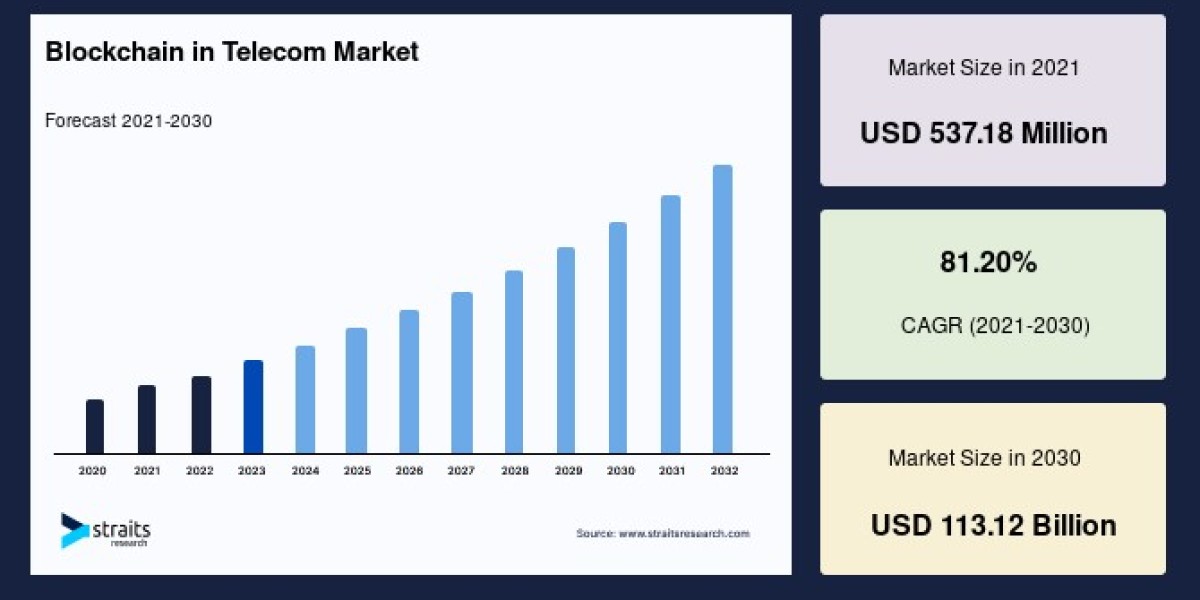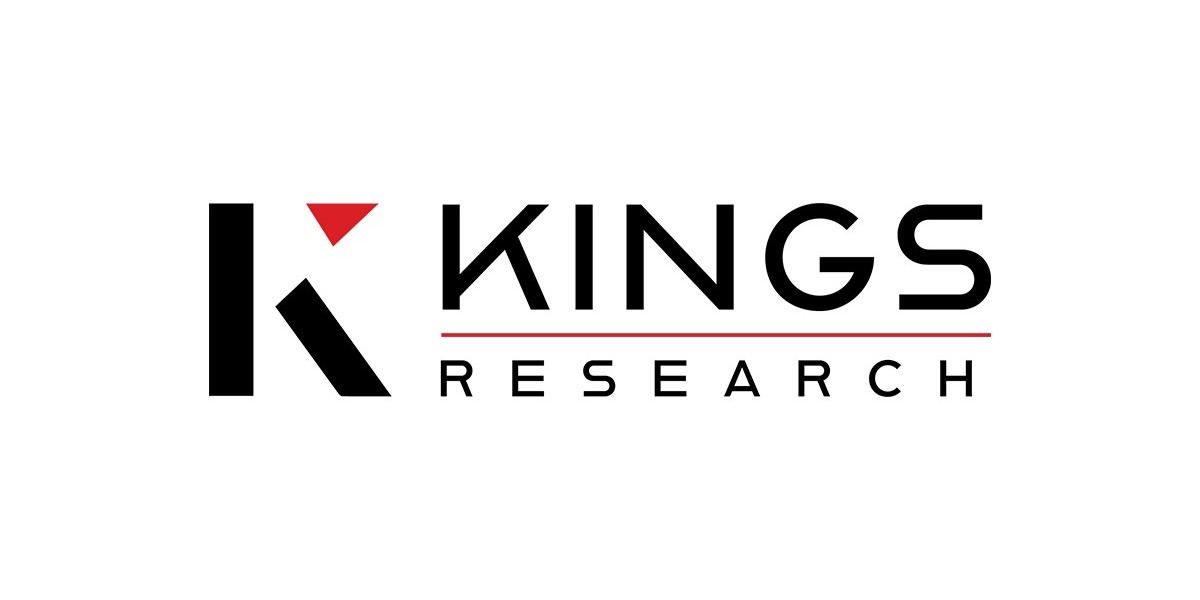The real estate sector has always been a cornerstone of economic growth, but it has also been one of the most traditional industries. For decades, real estate operations relied heavily on face-to-face interactions, paper records, and manual processes. However, the rise of digital technologies has transformed the way properties are bought, sold, leased, and managed.
At the heart of this revolution are real estate software solutions, which have become a driving force in the digital transformation of property businesses. These platforms do far more than digitize old workflows—they enable businesses to become data-driven, customer-centric, and future-ready.
This blog explores the role of real estate software in digital transformation, the features that make it indispensable, its benefits for stakeholders, and the future trends that will shape the property industry.
What is Digital Transformation in Real Estate?
Digital transformation in real estate refers to the integration of advanced technologies into property operations to improve efficiency, transparency, and customer experience. It’s not just about replacing manual processes with software; it’s about rethinking the way businesses operate to unlock new opportunities.
Core goals of digital transformation include:
Automation of processes to reduce human error and save time.
Improved customer experiences through personalization and transparency.
Data-driven decision-making with analytics and forecasting.
Agility and scalability to adapt quickly to market changes.
Why Real Estate Needs Software-Driven Transformation
The industry faces growing challenges:
Rising customer expectations for digital-first experiences.
Increased competition among property businesses.
Regulatory pressures for transparency and compliance.
Demand for sustainable, eco-friendly property management.
Real estate software solutions address these challenges by offering integrated tools that empower businesses to operate smarter and scale faster.
Key Roles of Real Estate Software in Digital Transformation
1. Automation of Workflows
From rent collection to lead follow-ups, automation removes repetitive tasks, freeing teams to focus on high-value interactions.
2. Centralized Data Management
All property-related data—leases, contracts, tenant information, and financial records—is stored securely in one place, ensuring accuracy and accessibility.
3. Enhanced Customer Experience
With mobile apps, tenants can pay rent, submit requests, or access documents instantly. Buyers enjoy digital property tours and transparent processes.
4. Data Analytics & Forecasting
Software platforms use data to generate insights on tenant behavior, pricing trends, and ROI, enabling smarter investments.
5. Secure Digital Transactions
Integrated payment gateways and blockchain-based smart contracts ensure security and trust in financial dealings.
6. Scalable Property Operations
Cloud-enabled platforms adapt as property portfolios grow, supporting businesses of all sizes.
Features Driving Digital Transformation
CRM & Lead Management
Tracks prospects from initial inquiry to deal closure, ensuring no opportunity is lost.
Digital Listings with Multimedia
Showcases properties using images, videos, and 3D tours for immersive experiences.
Automated Marketing Tools
Delivers targeted campaigns through email, SMS, or push notifications.
Document Management
Stores and shares digital contracts and compliance documents with e-signatures.
Mobile-First Accessibility
Enables property managers, tenants, and agents to stay connected on the go.
IoT Integration
Smart building features like energy monitoring and predictive maintenance improve operational efficiency.
Benefits for Stakeholders
For Realtors & Agents
Close deals faster with digital contracts.
Use CRM tools for stronger client relationships.
Automate marketing for higher engagement.
For Property Managers
Simplify tenant communication.
Automate rent collection.
Track maintenance in real time.
For Investors
Gain real-time visibility into portfolio performance.
Use predictive analytics for better decision-making.
Diversify globally with cloud-based platforms.
For Tenants & Buyers
Enjoy transparent processes.
Pay rent or deposits securely online.
Explore properties via AR/VR tours.
Real-World Example of Transformation
A real estate agency managing 200 listings faced issues with missed leads, paperwork delays, and tenant complaints. After implementing a custom software solution:
98% of rents were collected on time.
40% faster deal closures through digital contracts.
35% increase in tenant satisfaction with mobile-first communication.
This highlights the transformative role software plays in real estate operations.
Future Trends Shaping Real Estate Software
Artificial Intelligence (AI): Predictive insights for property valuations and tenant retention.
Blockchain: Smart contracts for secure, tamper-proof transactions.
AR/VR: Immersive property tours and virtual staging.
Big Data: Smarter forecasting of market demand and investment opportunities.
IoT: Real-time monitoring of building systems.
Metaverse Real Estate: Expanding virtual property ownership opportunities.
Green PropTech: Tools to track sustainability and eco-friendly compliance.
Challenges in Adopting Real Estate Software
While software solutions are transformative, businesses may face hurdles:
High Initial Costs: Custom development requires investment.
Integration Issues: Legacy systems may not align easily.
Training Needs: Staff and clients must adapt to digital-first systems.
Cybersecurity Risks: Protecting sensitive financial and personal data is essential.
The right implementation strategy and technology partner can overcome these challenges.
Why the Right Development Partner Matters
Digital transformation is not just about technology—it’s about aligning solutions with business goals. Off-the-shelf software may provide quick fixes but often lacks scalability. Custom-built platforms offer flexibility and long-term value.
Industry leaders like Dignizant Technologies LLP specialize in building innovative, secure, and scalable real estate software solutions. Their expertise ensures that businesses can navigate digital transformation confidently and sustainably.
Best Practices for Implementing Real Estate Software
Define Clear Goals: Know which processes need digitization.
Engage Stakeholders: Include agents, managers, and tenants.
Prioritize Security: Ensure systems use encryption and compliance features.
Offer Training: Help teams adapt to new workflows.
Leverage Data: Use analytics to refine strategies.
Plan for Scalability: Choose solutions that support growth.
Conclusion
The role of real estate software solutions in digital transformation is undeniable. By automating operations, centralizing data, and providing data-driven insights, these platforms empower property businesses to operate more efficiently, deliver better customer experiences, and achieve sustainable growth.
Realtors, property managers, and investors that embrace these tools now will secure a competitive edge in a rapidly evolving industry. With trusted partners like Dignizant Technologies LLP, businesses can successfully harness the power of PropTech to transform operations and thrive in the digital era.
The message is clear: the future of real estate is digital, and software-driven transformation is the key to unlocking its full potential.








